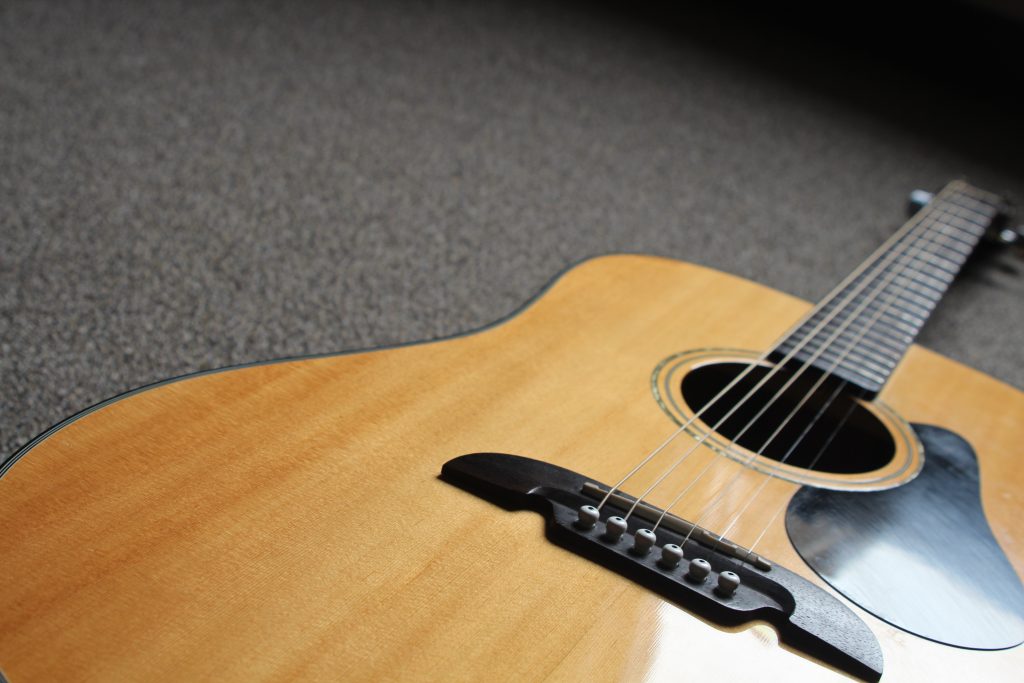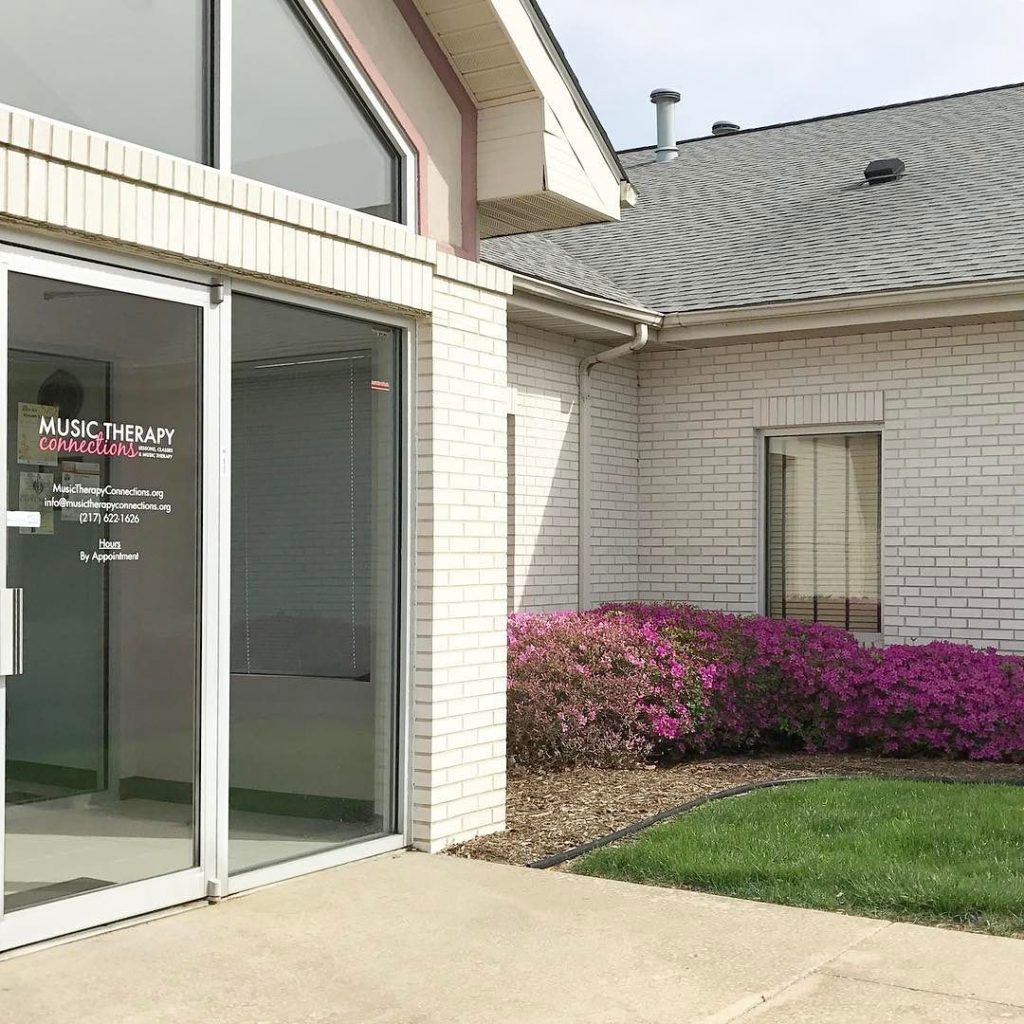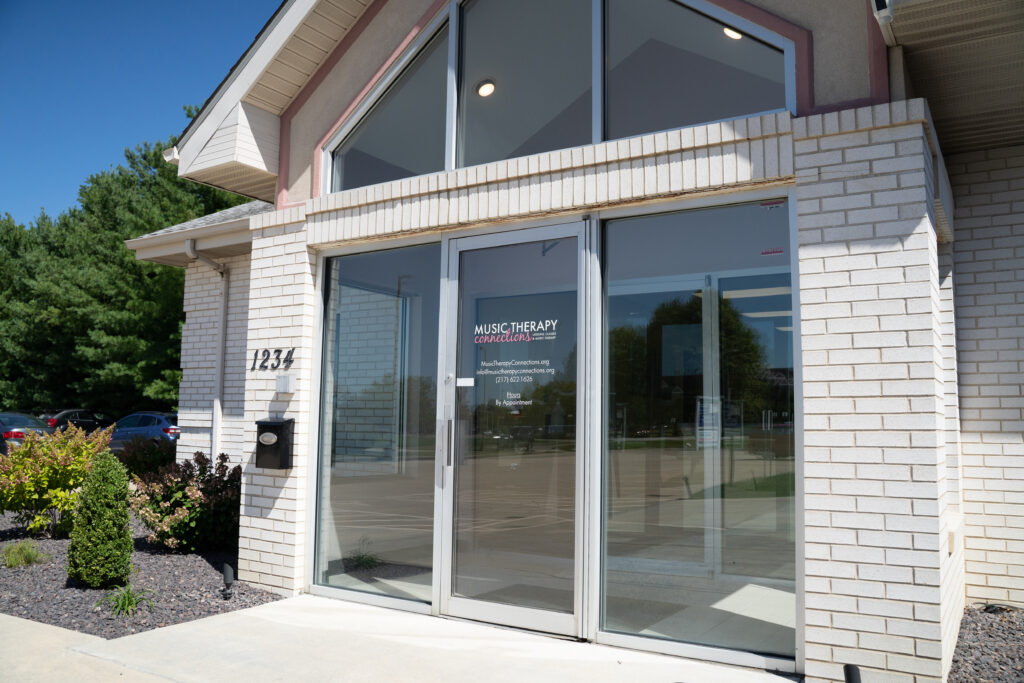I will never forget the first time I watched a patient with Alzheimer’s come to life again.
I was in a music therapy practicum and providing group music therapy services to a group of older adults with varying states of awareness in a residential home. Many of these residents had some form of dementia. One particular resident often enjoyed music therapy by looking downward toward the floor, and when asked, rarely recalled her own name.
That is, until the day we brought in “Take Me Out to the Ballgame”. It was like someone lit a candle within her and the light and warmth swelled up in her. She straightened her back, lifted her head, and look straight at me before taking a deep breath and singing every single word. I was taken aback. I couldn’t bring myself to stop playing, so I kept going back to the beginning again and again to hear her wise voice sing yet another time.
When we finally cadenced, I expected her to sink back into herself and retreat again, but that is not what happened. For a few moments she was present as she told an elaborate story of playing ball with her brothers. She recalled her hometown, her brothers’ names, and the great details of the trouble they got into together. She belly laughed and smiled for a short while before retreating again.
That day, I left knowing that we gave her a great gift.
For a short while she wasn’t another resident, she was herself again.
Music therapy is a great resource for individuals and families suffering with dementia and Alzheimer’s disease. Music therapists use techniques alongside client-preferred music to encourage vocalizing, verbalizing, eye contact, social interaction, orientation to time and their environment. In addition, specific groups can be organized to help support residents who experience sundowning. Sundowning occurs when residents experience a higher severity of symptoms and confusion later in the day.
In this video, a music therapy student describes a study she conducted on patients’ experience in mid to late stages of Alzheimer’s and dementia, and the effect music therapy had on varying quality of life measurements. Watch the video to see her findings.
Here at Music Therapy Connections, our therapists provide therapeutic support for families and music therapy for individuals suffering with dementia or Alzheimer’s and its effects on their lives.
Our primary objective is to improve every individuals quality of life and provide them with an opportunity to express themselves regardless of their diagnosis or any other barriers.
If you know someone who would benefit from music therapy services you can register them below or email us at info@musictherapyconnections.org.






